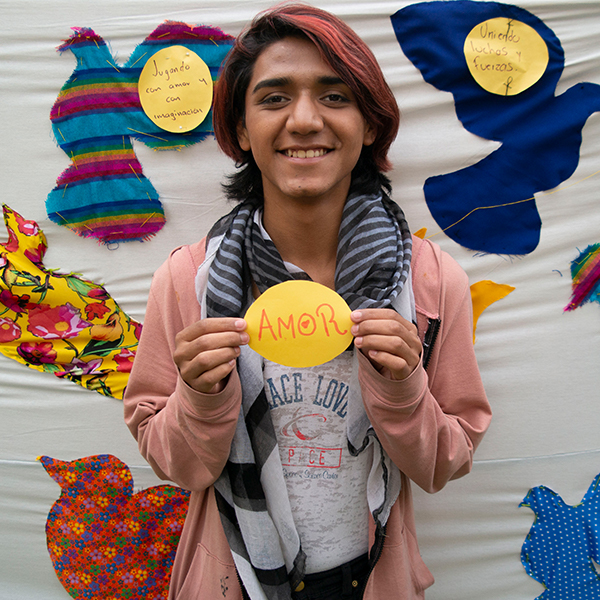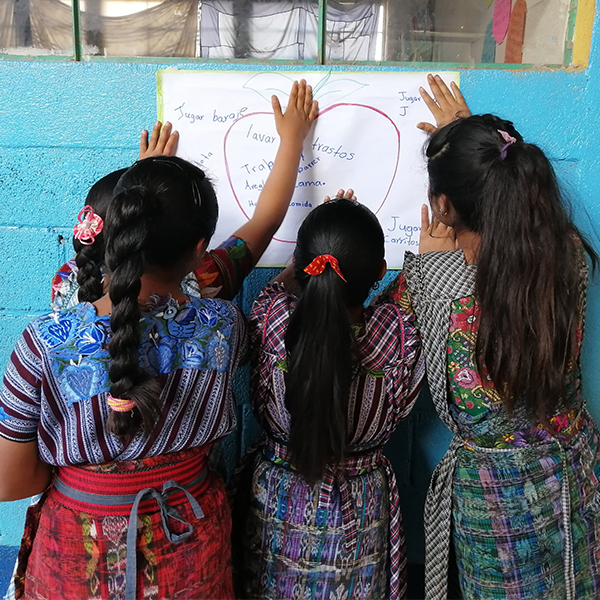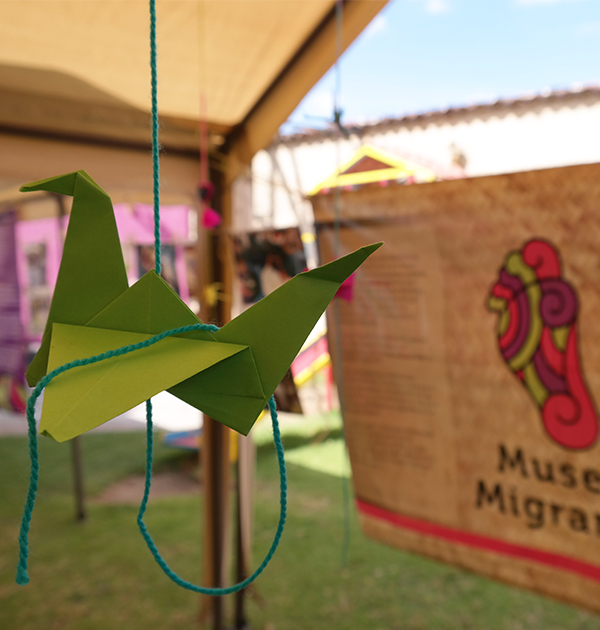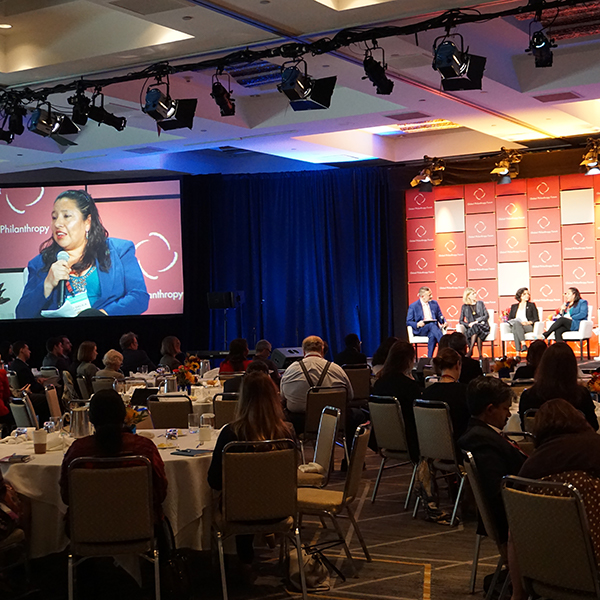Editor’s note: This blog was written by Ausencio Pérez, a leader at the Coalición Indígena de Migrantes de Chiapas, a GFC partner in Mexico. This post is also available in Spanish.
Indigenous youth leader Chencho shares his story of courage and resistance, showing young people’s power to improve their communities and ignite social change.
1. We the youth have … legs
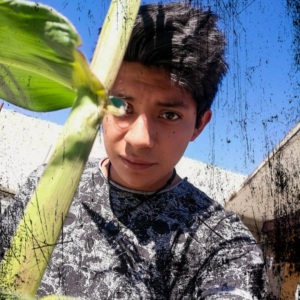 My name is Ausencio Pérez, but I like to be called Chencho. I am 20 years old and live in an Indigenous community called Poconichim, in the Chiapas highlands of Mexico.
My name is Ausencio Pérez, but I like to be called Chencho. I am 20 years old and live in an Indigenous community called Poconichim, in the Chiapas highlands of Mexico.
Since I was born, migration has been a part of my life. I grew up with my grandparents. For many years, the only thing I knew about my father was his voice. When I was just a baby, he went to work as a bricklayer in another state of the country to support our family.
My grandparents also had to leave to find new opportunities. They were displaced by the armed conflict that happened in Chiapas in the 1990s.
My grandfather spent many years remembering his community and dreaming of his return. “Nothing grows without roots, and they cut mine,” he told me. It made me very happy to know that before he died, he was able to return home. He regained his land and his roots.
That is the life of Indigenous people from the highlands, from the time we are little children. To survive, you have to move your legs. If you stand still, you die. I started moving on my own when I was 15 years old, working as a waiter in another state, enduring mistreatment and discrimination. Until I said, “Enough is enough,” and returned home.
Like my grandfather, I wanted to get my roots back. This time, my legs were used not to leave my community but to return. To go back and fight for a dignified life in my home, with my loved ones. With other young people.
To fight so that our legs are used not to run away but to run free and discover who we are.
2. We the youth have … mouths
Since I was a child, I loved speaking in public. My dream was to be a singer.
Sometimes people from my community scolded me for always wanting to give my opinion in public assemblies. “Shut up,” they told me. “You’re very young, and you don’t know anything.” However, I did not speak to teach but to ask, to learn, and also so that the voices of young people were heard. “Why should I shut up if I also have a mouth, just like you?” I replied to them.
Some just laughed, but others started listening to me.
When I was 13, I found out about the Coalición Indígena de Migrantes de Chiapas [Indigenous Migrants Coalition of Chiapas, in English], thanks to my grandfather. I loved going to the meetings with him because they always let me participate. I felt that my words were valuable. That I had power. The power to change things.
They invited me to form my own community group and explained to me that it was my responsibility to use my voice to inspire other young people. I and other young people from my community started to organize and to meet to talk about our problems and our dreams. We always respected different opinions and tried to learn from everyone. Little by little, we lost our fear. We found our own voice.
My voice is now made of many voices. Voices of young people who dream of being happy no matter where they are. Voices that demand, but also propose and share ideas. Voices that deserve to be heard.
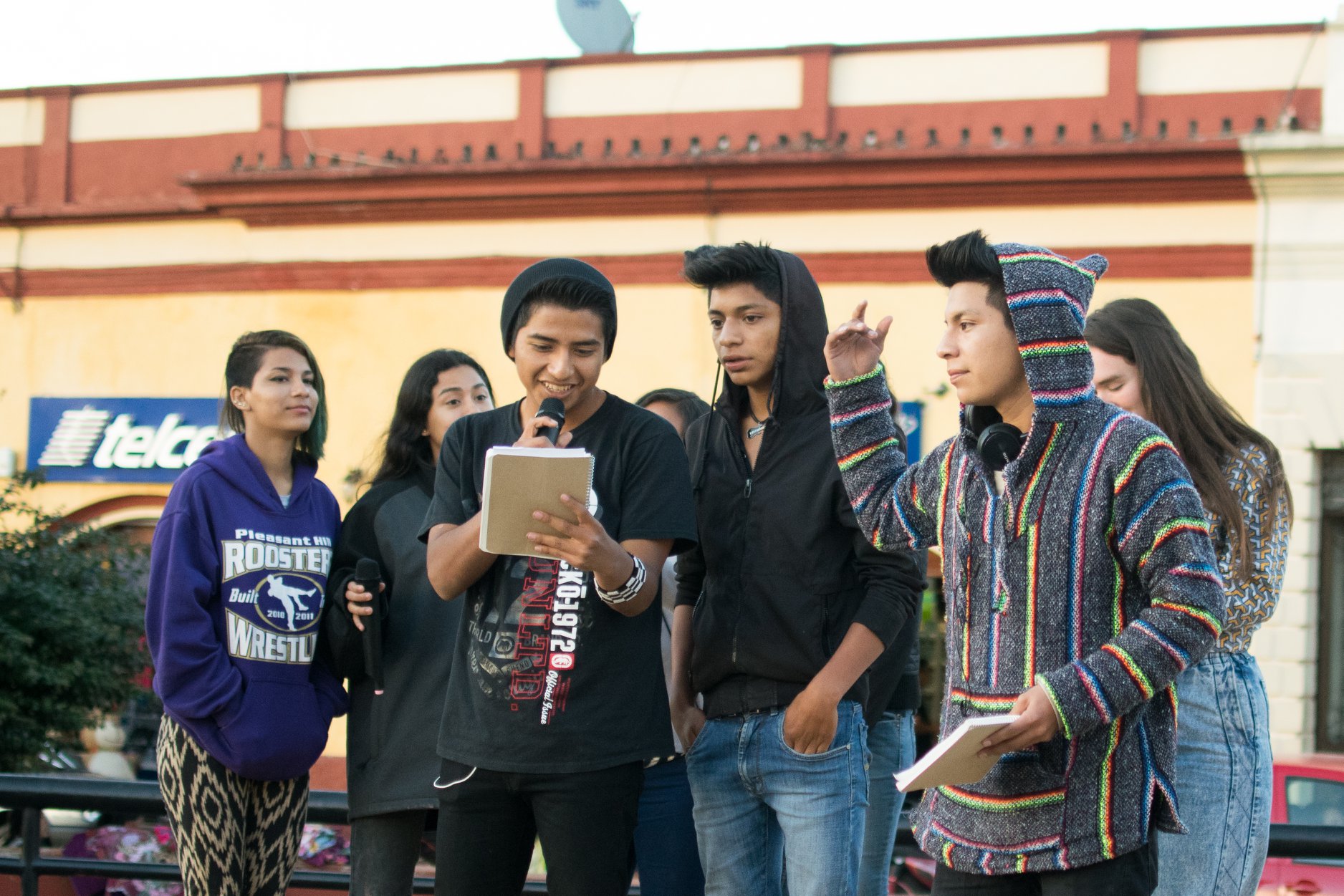
3. We the youth have … hands
From a very young age, I learned to work in the fields. My grandfather taught me with love and patience. We carried firewood while he told me stories about our family that made me laugh a lot. He also gave me candy.
Boys and girls learn to work, to use their hands, almost from birth. We cook, we plant the land, we cultivate, we take care of the animals, we grind corn, we make the fire, we build houses. Work connects us with the community. It is part of who we are. It is our Indigenous heritage.
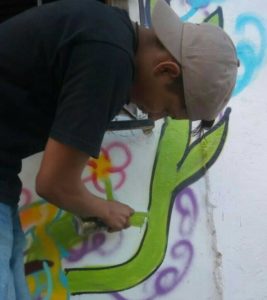
At CIMICH, I have realized the extent of our capabilities and skills as young people. We have learned to organize ourselves and develop community economic projects without having to leave our homes. By working, we strengthen our identity and feel proud of who we are. We build community.
With my group of 15 young people, we have set up a bakery. Sometimes we get together to make bread, other times to talk about our rights, and still other times to draw or just to play. We enjoy what we do, and little by little, we contribute to our families’ wellbeing.
We do not want to receive things. We do not want gifts. We want the adults from our community and beyond to respect our work and be willing to work with us. We as young people can also be leaders.
With our hands, we are building dreams for the youth. With hands that are connected to the earth. Hands of many colors. Hands that are firm but still know how to hug. Hands that give. Hands working together. In community.
4. We the youth have … hearts
In our Tzotzil language, we ask “How are you?” by saying, “How is your heart?”
Today our hearts are sad. What is happening in the world hurts us. The COVID-19 crisis has profoundly affected our families and communities. Basic products have become more expensive. The few jobs and opportunities are now gone. Violence and conflict have begun to emerge. It seems that other people are now the enemy.
At CIMICH, we refuse to see our brothers and sisters as a potential risk. We are all in this together, connected in one heart. Following all precautionary measures, we have begun to go to communities to deliver food supplies, organize small family and community meetings, and distribute information about the disease.
We want to combat fear, isolation, and distrust. We are committed to new forms of engagement and dialogue that allow us to understand and learn from what is happening to us.
Our hearts are sad, but they are also strong. It is young people who have the power, heart, and energy to help and transform fear into new forms of understanding, love, and solidarity.
Young people have legs, mouths, hands, and hearts. Indigenous youth are more alive than ever. We are here, and we are not going anywhere. We listen and learn from other young people and adults to become stronger and to propose new ideas, dreams, and hopes.
We believe in a better world because we are already building it.
The Coalición Indígena de Migrantes de Chiapas supports the Indigenous communities of Chiapas in building a better life and dignifying migration in their territories. Currently it consists of 25 groups, with 250 participants, located in the Chiapas highlands.
CIMICH serves as the community arm of Voces Mesoamericanas Acción con Pueblos Migrantes, a GFC partner in Mexico that is part of the Adolescent Girls and Migration project.
